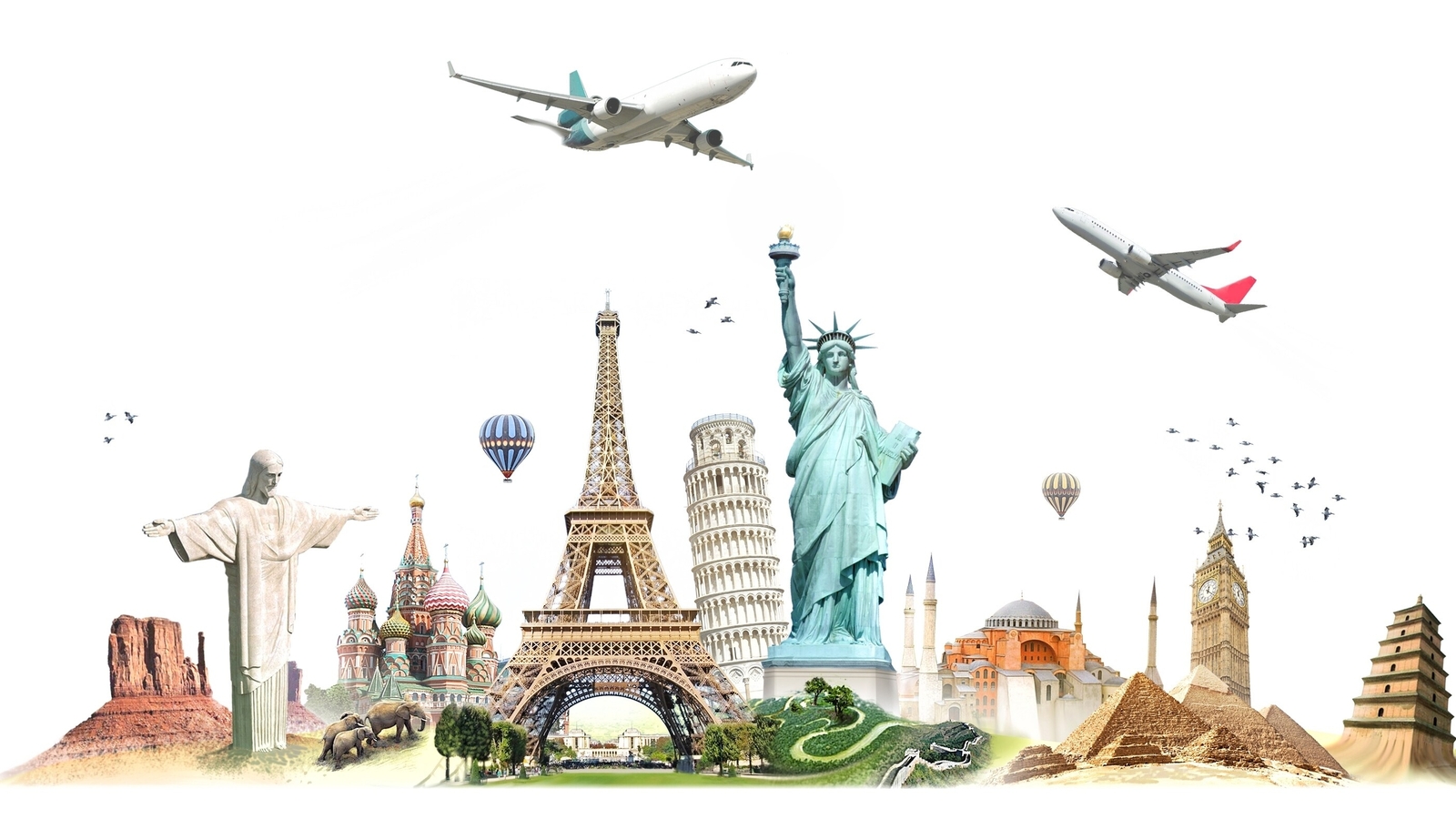Colombia migrants decry degrading treatment, but American dream remains for some

*
Colombian migrants deported from US describe treatment in detention centers
*
Migrants described cramped conditions, mistreatment
*
US immigration officials did not respond to questions
By Oliver Griffin
BOGOTA, – Colombian migrants deported from the United States in the early days of President Donald Trump’s administration say they experienced degrading treatment, but some said they still want to try and return to the United States.
Daniel Vasquez, 40, expected to be swiftly released after he was picked up by U.S. immigration officials after crossing the Mexican border in January. He had paid a group of people smugglers, or “coyotes,” $500 to help him to the crossing, and the leader had said detentions last only hours.
But Vasquez was detained for more than a week at immigration centers in San Diego, California, and Laredo, Texas, describing the experience as a “roller coaster of emotions.”
Conditions in San Diego were cramped, he said, and bright lights kept him awake. He was flown to Laredo, held for four days, then returned to San Diego before being put on a flight to Colombia. Each time he was transported in chains.
“Feeling those handcuffs and experiencing that situation was too strange for me. It was depressing. It was shocking, degrading,” he said.
U.S. officials have long restrained migrants with chains and handcuffs during transit. But since Trump took office last month, both the Brazilian and Colombian governments have complained of inhumane treatment on deportation flights.
Deportees on a flight from Brazil told local media they had been abused and refused bathroom breaks. Vasquez said he had seen women urinate in their seats on his flight.
U.S. Immigration and Customs Enforcement did not respond to questions about treatment of migrants on flights, or about detainees being denied toilet breaks.
Vasquez’s deportation flight to Colombia was one of those turned back by Colombian President Gustavo Petro, who cited poor treatment onboard. Petro’s action led to a trade stand-off with Trump which ended when Bogota said it would send its own planes to bring migrants home.
The Brazilian and Indian governments have pledged to work with the U.S. government to make sure migrants are well-treated on deportation flights.
Guatemala’s president has agreed to take deportees of other nationalities, while El Salvador has offered its prison system to the U.S. government.
Jose Vicente Suarez, 58, another Colombian, was also on one of the flights blocked by Petro and was later deported on a different flight.
Suarez began his journey northward last May, making his way through the Darien Gap – a dangerous stretch of jungle in Panama – up through Central America to reach Mexico, where he said fellow migrants experienced robberies, violence and sexual assaults.
The trip cost him some 25 million Colombian pesos and left him in debt, Suarez said. After more than seven months traveling, he was deported within two weeks of crossing the U.S. border in January.
Suarez also complained of poor treatment in San Diego before being restrained and flown to El Paso, Texas.
“They mistreat you psychologically,” Suarez said, describing being woken up to five times a night and made to sit for up to 90 minutes in a corridor, similar to an experience detailed by Vasquez.
ICE did not respond to questions about allegations of mistreatment in migrant detention centers.
Vasquez said he had no way to let his family know where he was and resorted to scratching relatives’ phone numbers into cardboard raisin packets and handing them to fellow detainees who were due to be released. He later learned that one released migrant made contact with his sister.
Vasquez, who said he had previously entered the U.S. on different visas, is looking to return and working with a lawyer to do so legally, convinced he has better opportunities for work than in Colombia.
Suarez, however, who went for work and to reconnect with his children who live in the U.S., said he has no desire to try his luck again.
“I don’t advise anyone to go,” he said.
This article was generated from an automated news agency feed without modifications to text.
Related
What’s at stake for American culture with Trump’s Kennedy Center…
In her two decades as a human rights lawyer, working on issues in more than 25 countries, Hadar Harris says she is alarmed by what she's witnessing on U.S. soil
Denmark lost 52 soldiers fighting alongside the US. Now it…
Nick BeakeEurope correspondentBBCAll his adult life, Colonel Soren Knudsen stepped forward when his country called. And when its allies did.He fought alongside
As Trump upends foreign policy, Berkeley scholar sees irreparable damage…
Last week’s Oval Office blowup with Ukrainian President Volodymyr Zelensky exemplified what many foreign policy experts have long feared: that th
Trump creates a task force for the North American 2026…
President Donald Trump creates a task force to prepare for the 2026 W











